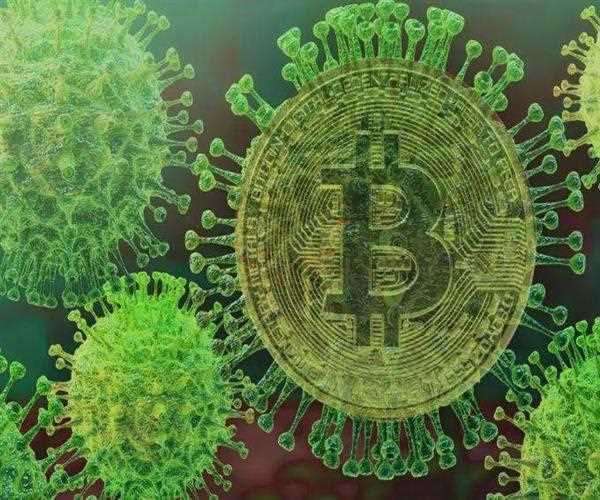
09-Apr-2020
Right Time For Cryptocurrencies During Coronavirus Pandemic
Indeed, even as all of mankind's activates against COVID-19, contemplations are going to how the world will be distinctive after the emergency. As organizations hurry to adjust to the new universe of social removing, the pandemic has quickened an effectively inflexible pattern toward advanced trade.
This more extensive move ought to likewise incorporate the across the board selection of advanced monetary standards, which give more grounded shopper money related and security assurances.
For the majority of the twentieth century, encryption was saved for national-security needs. Cryptography helped the Allies win World War II and afterward secured mystery correspondences during the Cold War.
Until as of late as 1992, the United States, as an issue of national security, didn't permit cryptographic innovation to be sent out. Encoded correspondence was not generally accessible, and anybody utilizing it was expected to have something to stow away.
In any case, beginning during the 1990s, early Internet business people started calling for encryption to be utilized in web-based business, contending that it was required so as to secure client charge card numbers, passwords, and other data entered on the web. It worked out that a similar encryption innovation that had been made in scholarly labs – where trust and coordinated effort ruled – could be helpful to everybody.
US policymakers and law implementation at first shrugged off this push toward across the board encryption. In their view, security for everybody implied protection for fear-based oppressors, street pharmacists, and tax criminals.
As FBI Director Louis J. Freeh told Congress in 1994, safeguarding the US government's capacity to capture Internet correspondences was "the No. 1 law requirement, open wellbeing, and national security issue confronting us today."
READ HERE MORE : East Vs West During COVID-19 Pandemic
The discussion about start to finish encryption is as yet seething. Be that as it may, vitally, customer desires have changed since the 1990s. The mind larger part of Internet traffic is currently scrambled, and the greater part of us have been prepared to search for the shut lock symbol in our program before entering touchy data.
Famous applications like WhatsApp, Telegram, iMessage, and Signal have driven the path in normalizing private informing that can't be followed by outsiders.
Be that as it may, there is one aspect of our lives where protection isn't yet the standard: our own budgetary data. By law, money related firms are required to gather reams of individual data about their clients. This data at last winds up on online databases, where it presents an enticing objective for programmers.
In 2017, the FICO assessment firm Equifax uncovered that an information rupture had uncovered touchy data about in excess of 147 million buyers, or simply under a large portion of the US populace. That followed a comparative rupture in 2013, when programmers broadly got the names, Mastercard numbers, and other data around countless Target clients.
Having viewed the US advantage immensely from the production of the world's driving Internet organizations, numerous nations are currently attempting to pull in the up and coming age of cryptographic money firms. For nations considering digital currency arrangement, the best methodology, as usual, will be to find some kind of harmony between law requirement, cybersecurity, protection, development, and financial seriousness.
Customers in a free society will consistently request and anticipate sensible degrees of security. Our budgetary lives are no exemption. Luckily, cryptographic forms of money can fix probably the most vexing issues in monetary administrations. As we intend to remake financially after the COVID-19 emergency, we should permit these advancements to develop

Content Writer/Journalist
I am a content writter !
Join Our Newsletter
Subscribe to our newsletter to receive emails about new views posts, releases and updates.
Copyright 2010 - 2026 MindStick Software Pvt. Ltd. All Rights Reserved Privacy Policy | Terms & Conditions | Cookie Policy